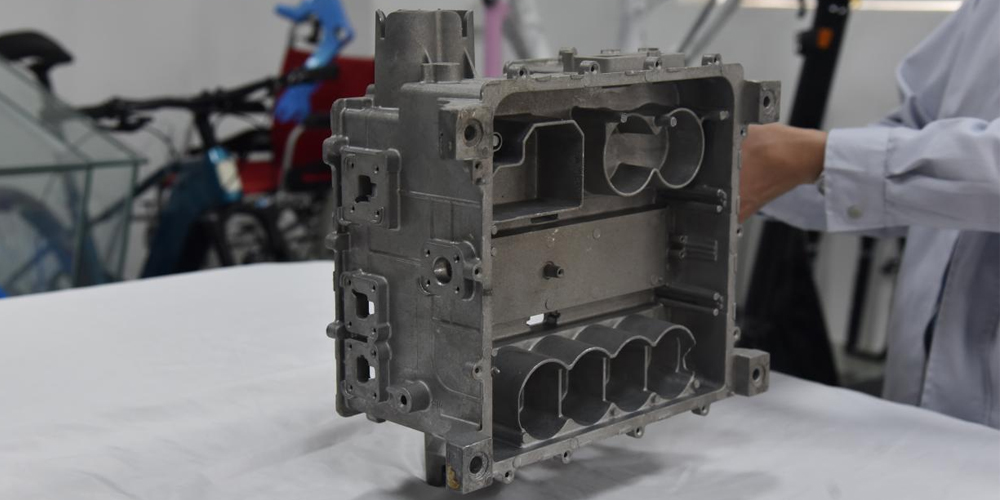Aluminum die casting is a widely used manufacturing process for producing complex and precise components. The quality and accuracy of the final product heavily depend on the design and manufacturing of the die casting molds. In order to achieve superior results, it is crucial to use high-quality materials, employ advanced technologies, and follow precise manufacturing processes.
The choice of material for die casting molds plays a critical role in ensuring the overall quality of the final products. Aluminum alloys with high thermal conductivity and excellent machinability are commonly used for mold construction. These alloys offer good heat dissipation, which helps in maintaining consistent mold temperature during the casting process. Additionally, the hardness and durability of the mold material are important to withstand the repeated high-pressure casting cycles without deformation or wear. By using superior quality materials, the die casting molds can be more robust and have a longer lifespan.
Advanced technologies, such as computer-aided design (CAD) and computer numerical control (CNC) machining, are essential in creating precise and efficient die casting molds. CAD software allows engineers to design complex mold geometries with high accuracy. It helps in identifying potential issues, such as draft angles and undercuts, and optimizing the mold design for better casting performance. CNC machining enables the precise fabrication of mold components by using computer-guided cutting tools. This technology allows for tight tolerances and intricate details to be achieved, resulting in molds that produce components with high dimensional accuracy.
The manufacturing process of aluminum die casting molds involves several key steps that need to be executed with precision. The first step is the creation of the mold cavity, which dictates the final shape of the component. This can be achieved through various methods such as machining, electrical discharge machining (EDM), or additive manufacturing techniques like 3D printing. The next step is the surface treatment of the mold, which involves processes like polishing or coating to enhance the mold’s surface finish and reduce friction during the casting process. Finally, the mold components are assembled and fitted together to ensure proper alignment and functionality.

To further enhance the quality of the die casting molds, it is important to implement a rigorous quality control process. This includes conducting inspections and tests at various stages of the mold manufacturing process to ensure dimensional accuracy, surface finish, and overall mold integrity. Non-destructive testing methods, such as X-ray or ultrasonic inspections, can be used to detect any internal defects or flaws in the mold. Additionally, conducting trial castings with the newly manufactured molds can help identify any issues and allow for adjustments or modifications before full-scale production.
Creating superior aluminum die casting molds is essential for achieving precise and high-quality component production. The use of high-quality materials, advanced technologies, and precise manufacturing processes all contribute to the overall performance and longevity of the molds. By investing in these aspects, manufacturers can ensure the production of components that meet the strictest industry standards and customer requirements.

 0086-750-5616188
0086-750-5616188 +86 13392089688
+86 13392089688 sales@zhongmei-tech.com
sales@zhongmei-tech.com













